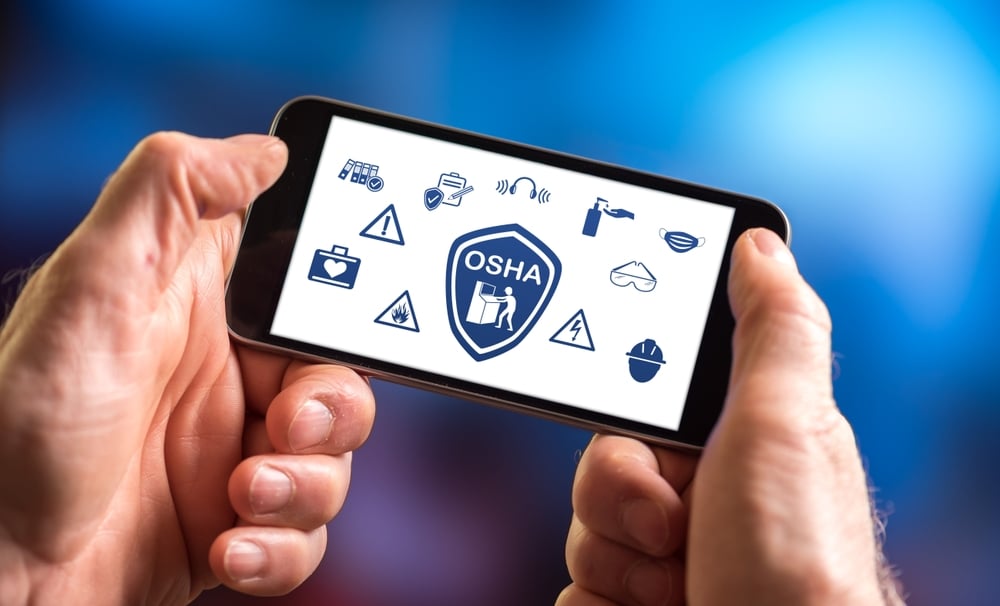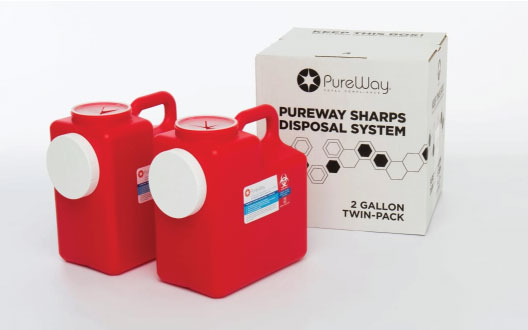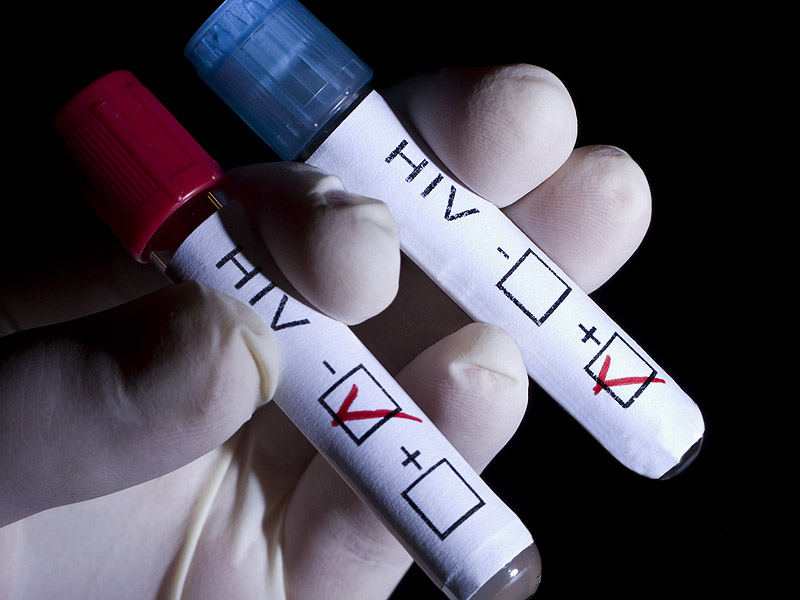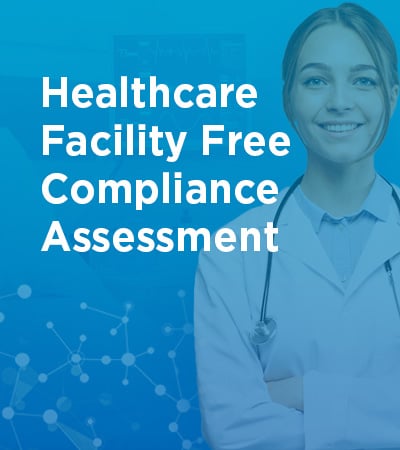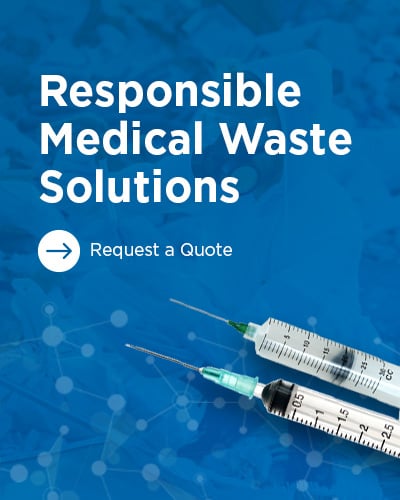Insight for Healthcare Professionals The healthcare industry, inherently challenged with ongoing and potentially hazardous situations, demands strict adherence to safety regulations to protect both staff and patients. With increasing responsibilities and staffing challenges, healthcare professionals often find it challenging to keep up with the requirements set by the Occupational Safety and Health Administration (OSHA). A ...
Healthcare facilities must be aware of their potential safety and health hazards. The Occupational Safety and Health Administration (OSHA) is the primary regulatory agency responsible for setting and enforcing standards to protect workers in the United States. Operators including urgent care facilities should familiarize themselves with OSHA's requirements related to bloodborne pathogens, sharps safety, and workplace ...
Working with blood and other bodily fluids puts you at risk of contracting a bloodborne pathogen. Bloodborne pathogens are infectious microorganisms that can cause severe or life-threatening illnesses, such as HIV/AIDS, hepatitis B, and hepatitis C. The good news is that you can take steps to protect yourself from exposure to these dangerous pathogens. Taking a Blood Borne PathogenTraining course is one of the best ways to ...
One of the most common types of fines that healthcare facilities face is violations of the Occupational Safety and Health Administration (OSHA) regulations. OSHA is a federal agency that sets and enforces workplace safety standards, and health care facilities are subject to the same rules as any other type of business. Some of the most common OSHA Certification violations that healthcare facilities face are improper handling ...
Europe is on a mission to eradicate HIV/AIDS by 2030. Significant strides have been made in that direction, but the population is still in the midst of an epidemic. Nearly 160,000 new HIV diagnoses were reported in the WHO European Region in 2017, with over 130,000 of those diagnoses occurring in Eastern Europe alone. The European Centre for Disease Prevention and Control (ECDC) and the WHO Regional Office for Europe have ...
There is a common misunderstanding regarding the hierarchy of regulatory authority for medical facilities and how regulatory requirements differ by state. In this blog we will cover the following: What is OSHA's role in regulating regulated medical waste (RMW) History of medical waste and who enforces the regulations What are the different requirements by state Bio Hazardous Waste and Sharps Waste are all considered Regulated ...
This blog will cover requirements for medical waste disposal and the differences in the options available for disposal. To start, OSHA (Occupational Safety Health Administration) defines as regulated waste as Liquid or semi-liquid blood or other potentially infectious materials; contaminated items that would release blood or other potentially infectious materials in a liquid or semi-liquid state if compressed; items that are ...
According to the Centers for Disease Control and Prevention, the United States is still in danger of losing the war on AIDS, even after major medical advances over the past 30 years. There are 45,000 new H.I.V. infections each year. Nearly 65% of the estimated 1.2 million Americans with H.I.V are not receiving care or antiretroviral treatment (ART); many disappear right after being tested and account for 90% of all new ...
For the first time in 25 years, companies could be paying significantly more for OSHA violations within the workplace. A budget bill President Obama has signed permits OSHA to increase its fines annually based on the consumer price index. Therefore, OSHA would be allowed to make a one-time “catch-up” adjustment that would increase maximum penalty levels by about 80% to make up for the lack of increases since 1990. The ...
Category
- sharps disposal (31)
- Medical Waste (29)
- sharps container disposal (26)
- Compliance (21)
- sharps mail back (20)
- Pharmaceutical Waste Disposal (14)
- Infection Control (13)
- Safety (13)
- Dental Practice (12)
- biohazardous waste disposal (11)
- OSHA (9)
- Hazardous Waste (8)
- amalgam disposal (8)
- patient support programs (8)
- Universal Waste (7)
- amalgam separators (6)
- vet sharps disposal (6)
- Hazardous Waste Disposal (5)
- News (5)
- amalgam recycling (5)
- dental clinical waste disposal (5)
- #GLP1 (4)
- Amalgam (4)
- ECOII Amalgam Separator (4)
- OSHA Training (4)
- News & Regulations (3)
- medication disposal (3)
- surface disinfectant (3)
- veterinary medical waste (3)
- HIPAA (2)
- flu vaccine (2)
- influenze (2)
- BioSURF (1)
- HIPAA Compliance (1)
- HIPAA Law (1)
- HIPAA Violation (1)
- RP Returns (1)
- improving patient experience (1)
- quart containers (1)
- sharps disposal for veterinarians (1)



